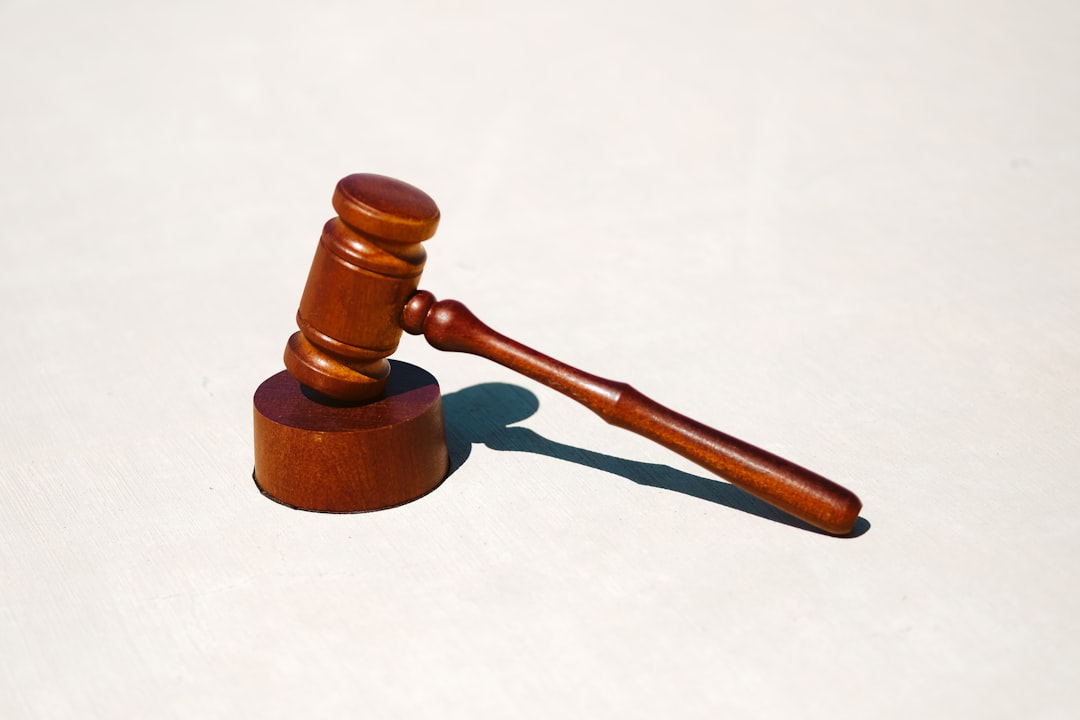Maryland's public transit systems have enhanced safety measures, including surveillance cameras, increased police presence, and awareness campaigns to prevent sexual abuse. Staff training is vital, focusing on risk identification, consent understanding, incident handling, reporting mechanisms, and communication. Sexual abuse attorneys in Maryland specialize in protecting victims, navigating legal complexities, filing complaints, gathering evidence, and seeking justice for crimes occurring on public transport.
“In Maryland, ensuring safety within public transportation systems is paramount, especially regarding sexual abuse prevention. This comprehensive article explores the multi-faceted approach to safeguarding passengers. We delve into Maryland’s established safety protocols and the critical role of staff training in identifying and mitigating risks.
Additionally, we shed light on the significance of legal protections offered by a Sexual Abuse Attorney in Maryland, empowering individuals with knowledge of their rights. By understanding these measures, we can foster a safer environment for all riders.”
Understanding Maryland's Public Transit Safety Measures

Maryland’s public transportation systems have implemented several safety measures to ensure the well-being of passengers and deter potential criminal activities, including sexual abuse. These initiatives prioritize the security and peace of mind for commuters. The Maryland Transit Administration (MTA) has installed surveillance cameras at various stations and vehicles, enhancing visibility and acting as a powerful deterrent. Additionally, they’ve increased patrols by transit police, providing quicker response times to any incidents.
Passengers are encouraged to take proactive steps towards safety by reporting suspicious behavior or any instances of harassment immediately. Many stops now feature emergency call boxes, easily accessible for those in need. Furthermore, public awareness campaigns have been launched to educate riders about personal safety, including tips on preventing and responding to sexual abuse. These combined efforts aim to create a safer environment and empower individuals to take charge of their security while using Maryland’s public transportation. A sexual abuse attorney in Maryland can provide guidance and support to victims navigating legal options after such traumatic events.
The Role of Training and Awareness for Staff

Staff training and awareness play a pivotal role in preventing sexual abuse within Maryland’s public transportation systems. Regular, comprehensive training sessions can equip employees with the knowledge to identify potential risks and respond effectively. This includes recognizing unusual behavior, understanding consent, and knowing the appropriate protocols for handling incidents discreetly and professionally. By fostering an environment where every staff member is vigilant and empathetic, transportation authorities can create a safer space for all passengers, especially vulnerable individuals who might be targeted.
Moreover, training should emphasize the importance of reporting mechanisms, ensuring that employees know how to document and report suspicious activities or potential abuse without fear of retaliation. Encouraging open communication and providing resources for staff to seek support from sexual abuse attorneys in Maryland can further strengthen the system’s resilience against such heinous crimes.
Legal Protections: What Does a Sexual Abuse Attorney in Maryland Do?

In Maryland, sexual abuse attorneys play a crucial role in protecting individuals from potential harm and ensuring justice for victims. These legal professionals are equipped to handle cases involving public transportation systems, where vulnerable passengers may be at risk. A sexual abuse attorney in Maryland specializes in understanding and navigating complex laws surrounding sexual misconduct, assault, and harassment. They provide vital guidance and support to clients who have experienced traumatic incidents on buses, trains, or any other modes of public transit.
Their expertise lies in offering legal protections and rights to victims, helping them file complaints, and seeking appropriate remedies. These attorneys can assist in gathering evidence, interviewing witnesses, and constructing a strong case against perpetrators. By advocating for their clients’ interests, they aim to prevent further abuse, hold offenders accountable, and provide closure to those affected by such heinous crimes within Maryland’s public transportation infrastructure.





